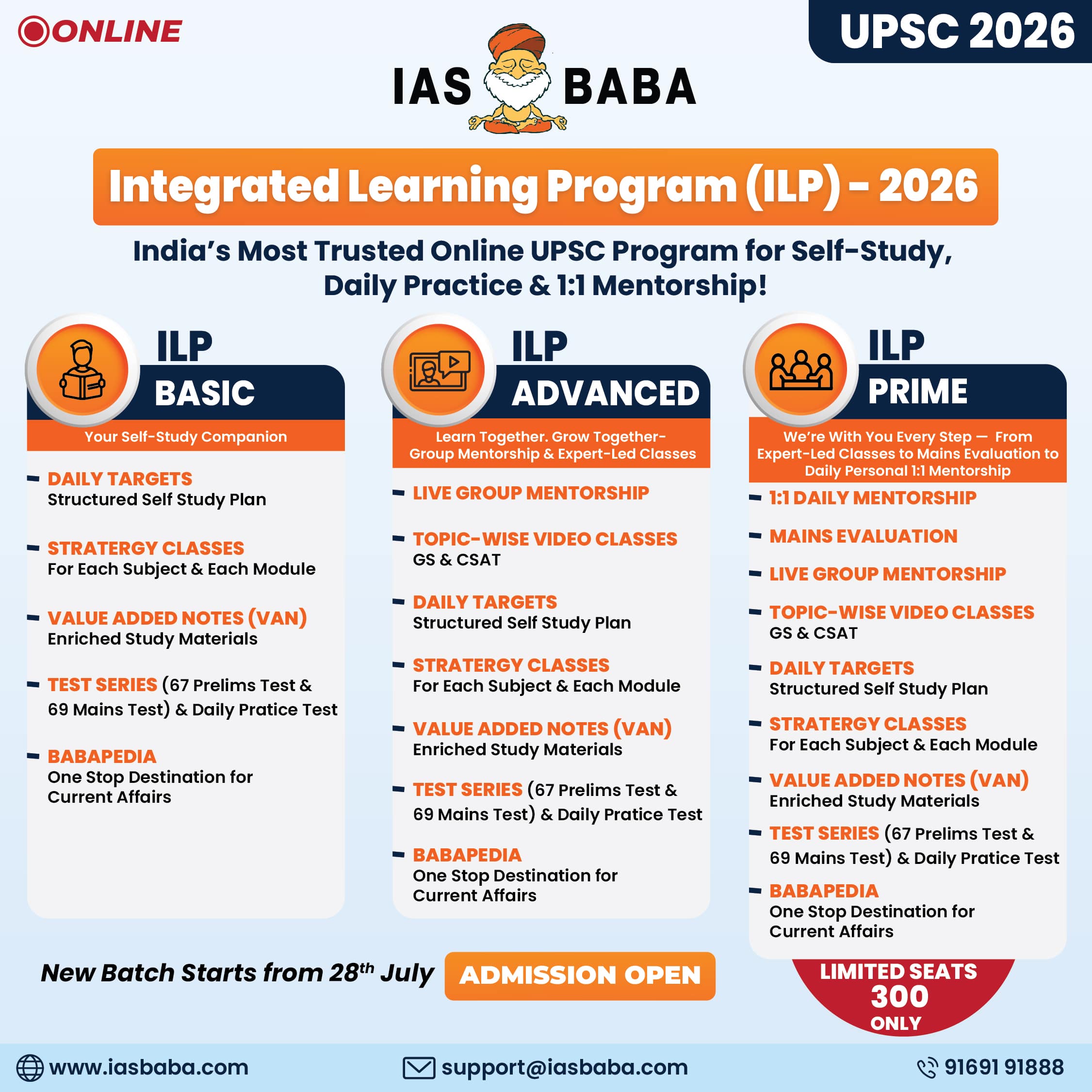Governance
In news: The Supreme Court again called for a ban on the two-finger test in rape cases and to remove it from the syllabus of medical education.
- A 2013 SC order had noted in a similar tone.
- Evidence of a victim’s sexual history is not material to case.
About:
- The two-finger test is an invasive, unscientific and regressive practice used in rape cases to gauge whether a person is sexually active or a virgin.
- The practice is also known as per-vaginal examination in medical jargon and is not only conducted on rape survivors but also otherwise.
- This test has no scientific value because the absence of the hymen and laxity of the vaginal orifice may occur for reasons unrelated to sex.
- The practice questions a woman’s character and is ‘patriarchal’ and ‘sexist’.
- It not only re-traumatised and re-victimised women, but was based on an incorrect assumption that a sexually active woman cannot be raped.
- It violates the right of rape survivors to privacy, physical and mental integrity and dignity.
- Thus, this test, even if the report is affirmative, cannot ipso facto, be given rise to presumption of consent.
- This came on the heels of the December 2012 Nirbhaya gangrape case, after which the Union health ministry updated the proforma for medical examination of rape victims to remove the two-finger test.
- A rape test kit, detailing tools required to collect evidence of sexual assault according to WHO guidelines, was prepared but failed to make any impact. In the absence of these kits, the two-finger test continued as is.
- The latest order creates the connection which was missing till now. Now medical text books will have to keep pace with legal changes and that will benefit young doctors and society at large.
Indian Evidence Act:
- Originally passed in India by the Imperial Legislative Council in 1872, during the British Raj.
- When India gained independence on 15 August 1947, the Act continued to be in force throughout the Republic of India.
- It contains a set of rules and allied issues governing admissibility of evidence in the Indian courts of law.
- This Act is divided into three parts:
- Part 1 deals with relevancy of the facts
- Part 2 deals with facts which need not be proved, oral evidence, documentary evidence.
- Part 3 deals with burden of proof, estoppel, witnesses and their examination
- Under Section 155(4) of the Indian Evidence Act, a rape survivor’s past sexual history used to be acceptable. The rape accused could state that the rape survivor was of immoral character and claim that she consented to the sexual acts.
- This section was removed in 2003 after recommendations in the Law Commission of India’s 172nd report.
- In 2013, the JS Verma Committee, created after the Nirbhaya gangrape case 2012, suggested that a past relationship between the accused and the victim should be inapt while deciding whether the victim consented.
Source: Down To Earth














